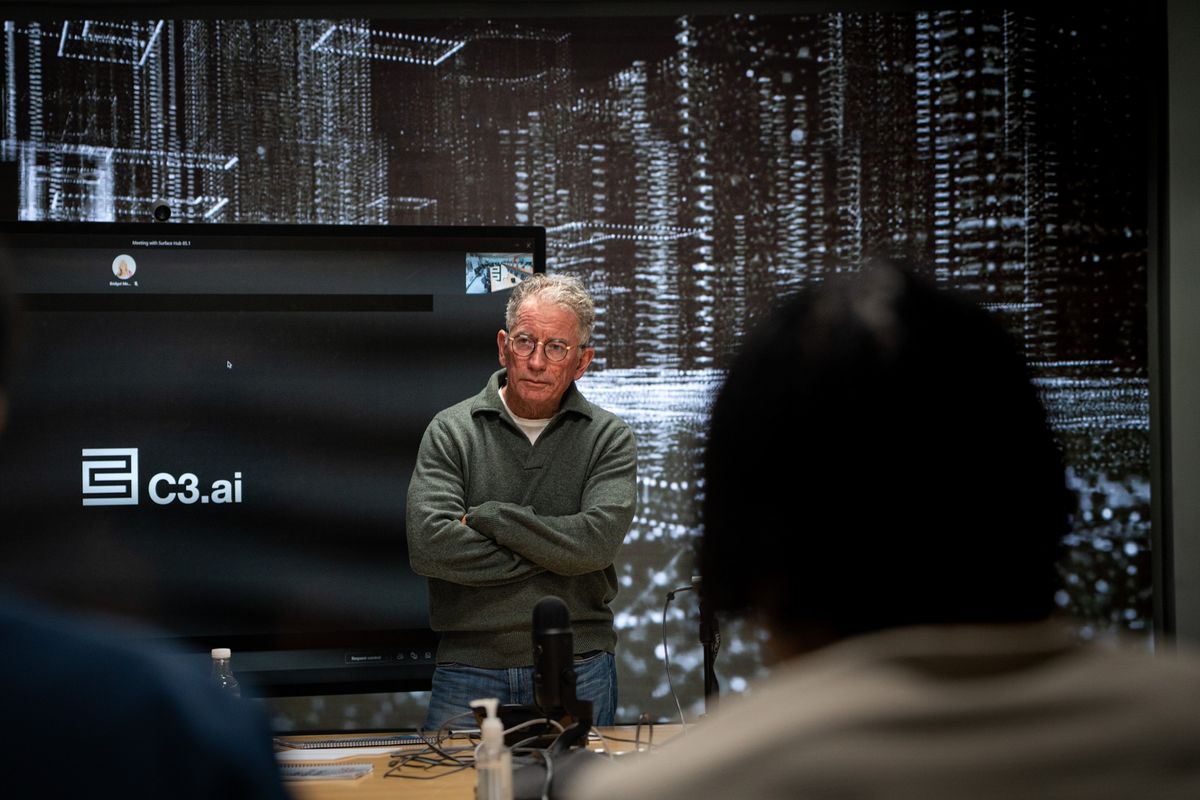My Billion Dollar Visit: Lessons I’ve Learned From Billionaires (and Millionaires) After Talking to Them
This month, I received the chance to travel to California for an entrepreneurship workshop provided by famous tech millionaires, Jawed Karim, Tom Siebel, and more. Here's what I've learned.




